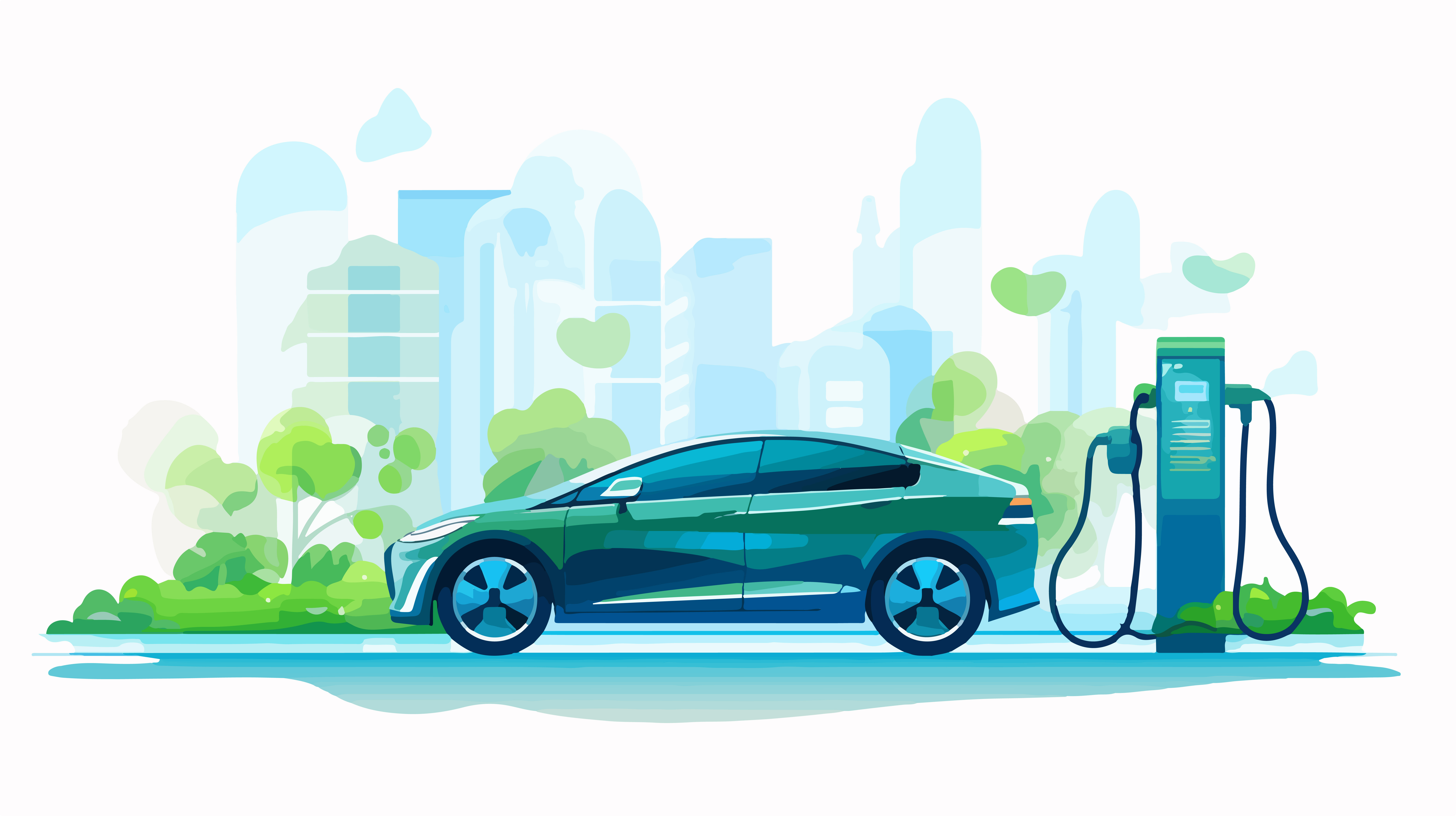In an era where climate change poses unprecedented challenges, the transportation sector stands as a significant contributor to global carbon emissions. Traditional internal combustion engine vehicles have long been recognized for their detrimental environmental impact, spewing greenhouse gases and pollutants into the atmosphere. However, the emergence of next-generation mobility technologies offers a promising avenue to mitigate these effects and transition towards a more sustainable future. In a global effort towards environmental sustainability, the World BI actively contributes by organizing conferences that offer cutting-edge insights on sustainable practices. Our event, 'Revolution in Connected Cars,' focuses on the steps needed to make vehicles pollution-free.
Understanding Carbon Footprint in Mobility
The concept of carbon footprint encompasses the total greenhouse gas emissions produced directly and indirectly by human activities. In the realm of transportation, this includes emissions from vehicle manufacturing, fuel production, vehicle operation, and end-of-life disposal. Traditional gasoline and diesel-powered vehicles not only contribute substantially to carbon dioxide (CO2) emissions but also release pollutants like nitrogen oxides (NOx) and particulate matter, which contribute to air pollution and adverse health effects.
The Rise of Electric Vehicles (EVs)
Electric vehicles (EVs) have emerged as a frontrunner in the quest for sustainable transportation solutions. Powered by rechargeable batteries, EVs produce zero tailpipe emissions, significantly reducing the carbon footprint associated with vehicle operation. Advances in battery technology have enhanced the range and performance of EVs, making them a viable alternative to traditional vehicles for everyday commuting and long-distance travel alike.
Tesla, with its innovative lineup of electric cars and robust supercharger network, has spearheaded the mainstream adoption of EVs. Other automakers, from established brands like Nissan and Chevrolet to newcomers like Rivian and Lucid Motors, have also entered the market with compelling electric models, driving competition and innovation in the EV sector.

Beyond Battery Electric Vehicles: Hydrogen Fuel Cells
In addition to battery electric vehicles, hydrogen fuel cell vehicles (FCEVs) represent another promising path toward zero-emission mobility. FCEVs convert hydrogen gas into electricity through a chemical reaction with oxygen, emitting only water vapor and heat as byproducts. This technology not only offers a cleaner alternative to fossil fuels but also addresses concerns about vehicle range and refueling time.
Companies like Toyota with the Mirai and Hyundai with the Nexo have been at the forefront of hydrogen fuel cell technology, showcasing the potential of FCEVs in reducing carbon emissions and diversifying the fuel mix in transportation.
Sustainable Mobility Ecosystem: Integration and Infrastructure
Achieving widespread adoption of next-gen mobility technologies requires a robust ecosystem of infrastructure and support services. The deployment of charging stations for EVs and hydrogen refueling stations for FCEVs is crucial to alleviate range anxiety and facilitate long-distance travel. Governments, along with private sector investments, play a pivotal role in developing this infrastructure and incentivizing consumers and businesses to embrace sustainable mobility solutions.
The Role of Policy and Regulation
Policy frameworks and regulatory incentives also play a critical role in shaping the future of next-gen mobility. Many countries have implemented subsidies, tax incentives, and emissions standards to promote the adoption of electric and hydrogen vehicles. These measures not only encourage consumers to choose cleaner transportation options but also drive innovation and investment in renewable energy and sustainable transportation infrastructure.
Challenges and Opportunities Ahead
Despite the progress made in advancing next-gen mobility, several challenges remain. Infrastructure gaps, such as the uneven distribution of charging and refueling stations, pose barriers to widespread adoption. Additionally, the upfront cost of electric and hydrogen vehicles, although decreasing over time, remains a consideration for consumers. Addressing these challenges requires collaboration between governments, industry stakeholders, and the public to foster innovation, improve accessibility, and drive down costs.
Innovations Driving Sustainability
Innovation continues to be a driving force behind the evolution of next-gen mobility. From advancements in battery technology to the integration of artificial intelligence in autonomous vehicles, ongoing research and development efforts aim to enhance efficiency, safety, and sustainability in transportation. Companies are also exploring new business models such as mobility-as-a-service (MaaS), which promotes shared mobility and reduces the overall number of vehicles on the road, further lowering carbon emissions.
Future Outlook: Towards a Low-Carbon Transportation Future
Looking ahead, the outlook for next-gen mobility is promising. The global shift towards electrification and hydrogen-based solutions is expected to significantly reduce the carbon footprint of transportation, contributing to broader climate goals and sustainable development objectives. Continued investments in research, infrastructure, and policy support will be crucial in accelerating this transition and realizing the full potential of next-gen mobility technologies.

Conclusion
In conclusion, the carbon footprint of next-gen mobility represents a pivotal opportunity to address climate change and build a more sustainable future. By embracing electric vehicles, hydrogen fuel cells, and other innovative technologies, we can mitigate the environmental impact of transportation and pave the way towards cleaner air, reduced greenhouse gas emissions, and enhanced energy security. As consumers, businesses, and governments work together, we have the power to drive meaningful change and create a legacy of sustainability for generations to come. In a world where everyone is committed to environmental sustainability, the World BI contributes by organizing conferences to share advanced knowledge on sustainability. Our event, 'Revolution in Connected Cars,' provides insights into how we can make our vehicles pollution-free.